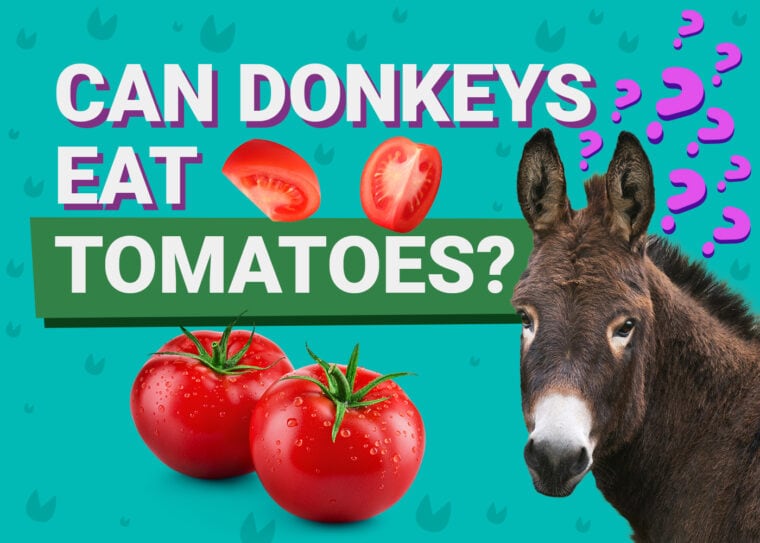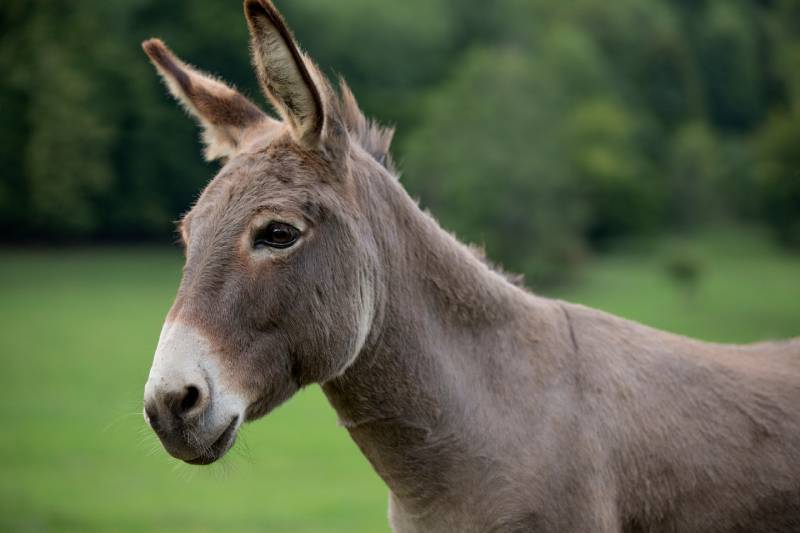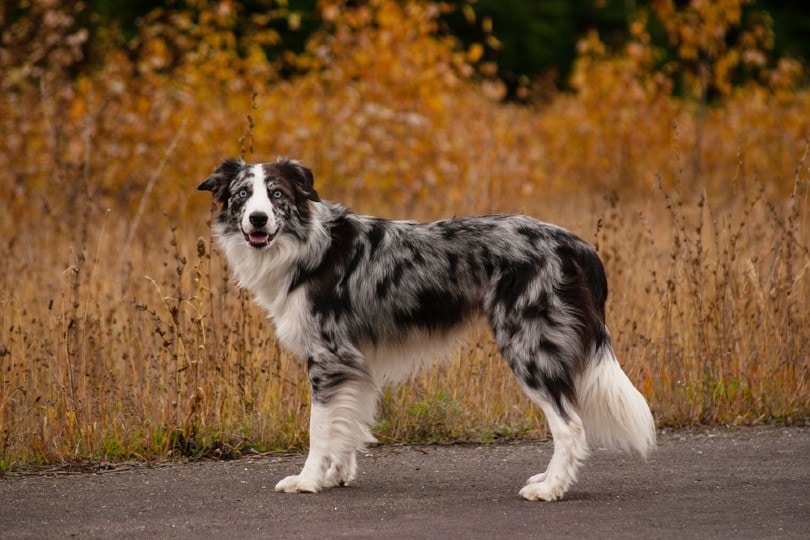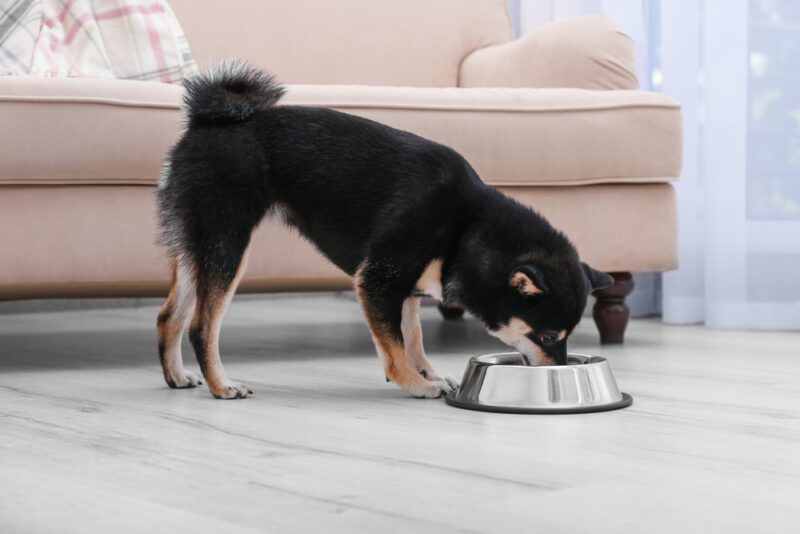
Donkeys should not eat tomatoes. Green or unripe tomatoes, their leaves, and stems contain solanine, a glycoalkaloid poison that can result in severe symptoms and even death.
In this article, we’ll take a closer look at solanine poisoning, other foods that are harmful to donkeys, and share a list of healthy treats that every donkey will love.
Why Are Tomatoes Bad for Donkeys?
Unripe tomatoes and tomato plants contain glycoalkaloids—specifically solanine—which can be very toxic to animals, including donkeys. While ripe tomatoes don’t have as much solanine, they still contain traces of the glycoalkaloid. It’s simply not worth risking your donkey’s health and well-being for the sake of feeding it a few tomatoes.
Aside from tomatoes, other plants in the nightshade family include eggplants, bell peppers, and potatoes. These vegetables all contain solanine, and too much solanine will lead to solanine poisoning. The same is true in humans, with green potatoes being the leading cause of solanine poisoning.
Symptoms of Solanine Poisoning in Donkeys
The following symptoms¹ may seem mild, but they can turn severe. If you suspect your donkey has eaten unripe tomatoes or a tomato plant, you should consult a veterinarian as soon as possible.

What Should You Not Feed Donkeys?
Tomatoes aren’t the only harmful foods for donkeys, and it’s not always about toxicity. Stone fruits can cause digestion problems,2 and too much sugar can lead to obesity in donkeys.
What Are the Best Treats for Donkeys?
When it comes to food, there are plenty of healthy options that donkeys love. But it is important to remember that donkeys are “trickle feeders.” This means that they need to have access to healthy grazing hay and grass throughout the day.
A donkey’s diet should be made up of around 50% to 75% straw feed. They’ll usually graze on hay and grass for the rest. It’s important not to let your donkey eat all their feed in one go. Little and often works best for donkeys.
Finally, don’t overfeed your donkey! Donkeys originate from deserts where there is little food. They only need around 1.3% – 2% of their own body weight in straw feed.3 Donkeys are prone to obesity, and as much as you may want to spoil them with treats, remember to practice moderation!
Donkeys Need to Stay Hydrated
Don’t forget to provide a clean water source for your donkey to keep drinking from. Some donkeys may refuse to drink cold water if the temperature outside is cold—this is something to look out for, as dehydration can quickly lead to health issues.

Wrapping Up
Donkeys will eat anything you put in front of them, so you need to make sure that what you’re offering is safe and healthy. You should never feed donkeys tomatoes, potatoes, eggplants, bell peppers, or any other plant in the nightshade family. Instead, offer them carrots, apples, and turnips. Donkeys only need a small amount to eat each day, so be careful not to overfeed them with treats.
If you’re looking for ways to shower your donkey with affection, treats aren’t the only way. Donkeys are very receptive to vocal praise. Try talking to them instead!








